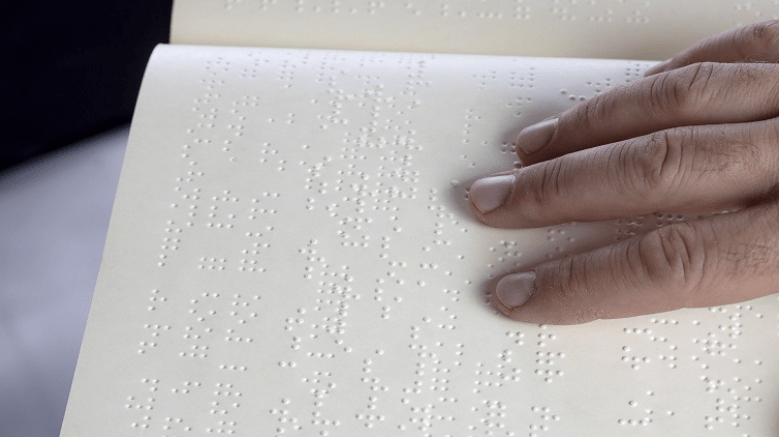
President Cyril Ramaphosa’s failure to sign the Copyright Amendment Bill by the 21 September deadline given by the constitutional court shows that the government is not concerned about the plight and rights of blind or visually impaired people, non-profit organisation Blind SA has said.
“This is more than a devastating blow to us. We have a sense that the government, including the president, just does not care,” Blind SA’s president, Christo de Klerk, told the Mail & Guardian.
The bill, which aims to ensure a fairer balance between the commercial rights of copyright owners and the right to access works by users, including the blind, has struggled to see the light of day since it was introduced to parliament in 2017. This included Ramaphosa declining to sign it into law and sending it back to the national assembly in 2020 amid concerns about the constitutionality of some of its provisions.
Earlier this year, both houses of parliament approved the bill — the first comprehensive effort to modernise South Africa’s copyright laws in over 50 years — and sent it to the president for assent.
This was after Blind SA, which advocates for the independence of the blind and visually impaired, and public interest law centre rights group Section27 took the trade, industry and competition minister to the constitutional court in 2022 to challenge the constitutionality of the current Copyright Act, which they said discriminates against those without, or with limited sight.
The court ruled that the Act is unconstitutional to the extent that it required people who are blind or visually impaired “to obtain the consent of the copyright holder before being able to convert books and other published works into accessible formats, such as braille or large print”.
It ordered that parliament should make amendments to the Copyright Act before the end of September 2024, so that blind people could get hold of books in accessible formats.
The amendment bill would introduce changes to the Act such as allowing people with disabilities to convert published work into accessible formats without requiring the permission of the copyright holder.
The government has previously said once the Copyright Amendment Bill is enacted, South Africa will ratify the Marrakesh Treaty which was adopted by member states of the World Intellectual Property Organisation in 2013.
The treaty makes the production and international transfer of specially-adapted books for people with blindness or visual impairments easier, by establishing a set of limitations and exceptions to traditional copyright law.
“Ratifying this international treaty will allow persons who are blind or visually impaired in South Africa to engage in the cross-border exchange of accessibly-formatted reading materials and will make hundreds and thousands of titles in accessible formats available to them,” Section27 told the M&G.
According to the amendment bill, South Africa’s Copyright Act is based on the United Kingdom’s legislation with an open interpretation of the concept of “fair dealing” to determine whether the use or copying of copyrighted material without a licence is permissible or not.
However, based on the amendments, South Africa will have to work with the concept of “fair use” adopted by the United States, which allows the reproduction or use of copyright-protected material without the author’s or publisher’s prior consent or permission.
The Bill enables creators like photographers to negotiate a contract for copyright ownership, rather than paying a party to automatically become the sole copyright owner for the full copyright term.
The Bill has been the subject of extensive public hearings and deliberations in both the National Assembly and the National Council of Provinces and was rejected by the International Confederation of Societies of Authors and Composers, the world’s leading network of authors’ societies.
“The Bill is a positive initiative that fails to serve the intended purpose – to protect creators and ensure that South Africa has a modern, fair and fit-for-purpose copyright environment,” the confederation’s director general, Gadi Oron, said in a statement in February.
Ramaphosa’s spokesperson, Vincent Magwenya, told the M&G on Monday that the presidency cannot confirm when the bill will be signed.
“We will announce once signed as we always do,” he said.